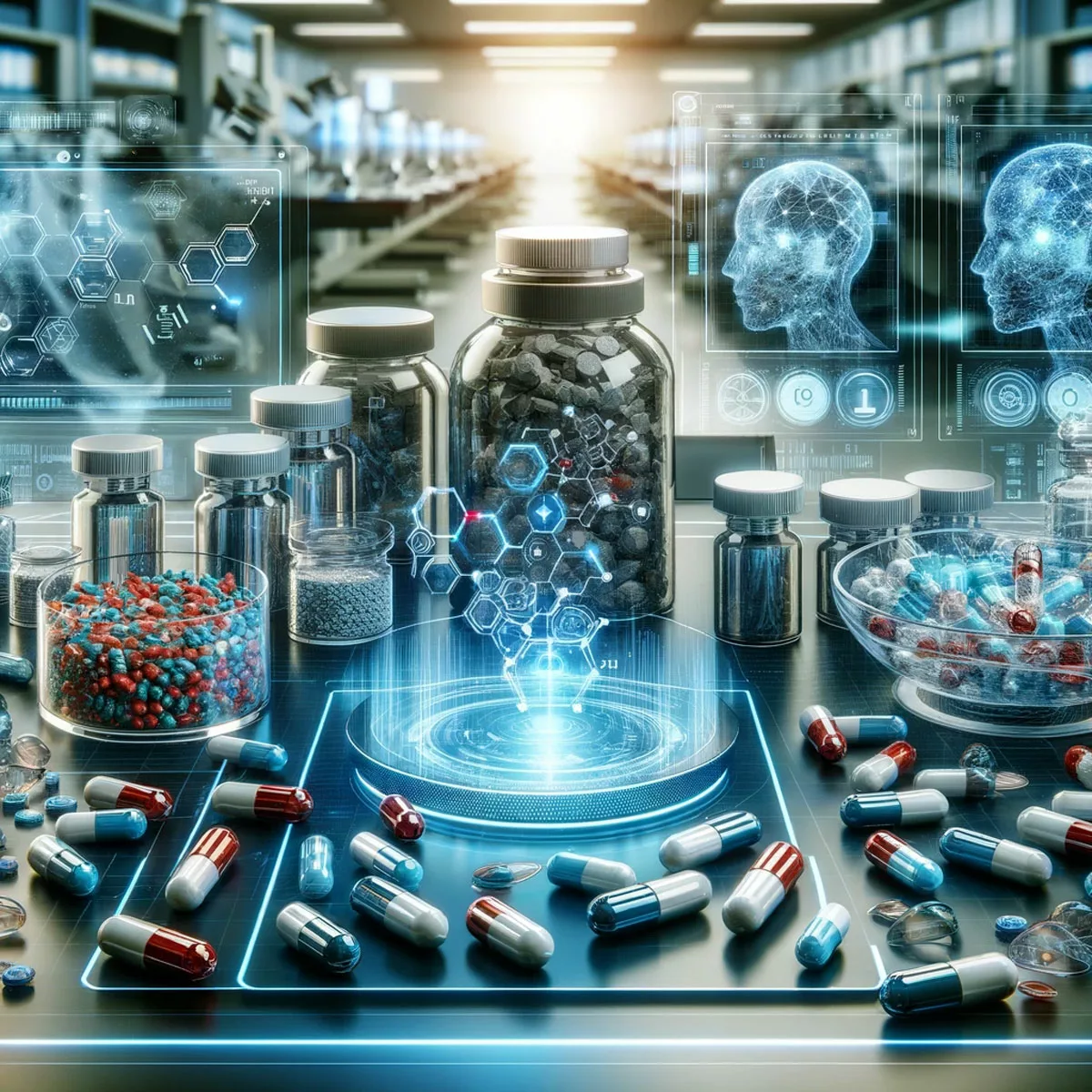A few weeks back, researchers at MIT discovered a new class of antibiotics. New classes of drugs are rarely discovered. What we often see or read about are variations of existing classes of drugs. What makes the new drugs stand out is that they are capable of killing methicillin-resistant Staphylococcus aureus (MRSA). Around the world, MRSA kills over 1,00,000 people each year and the rampant use of high-strength prescription antibiotics is only leading to more microbes becoming resistant to drugs. The emergence of drug-resistant diseases and microbes poses a significant challenge to global health. Traditional methods of drug development are struggling to keep pace with the rapid evolution of these resistant strains. In this context, Artificial Intelligence (AI) is increasingly being recognised as a potent tool in the pharmaceutical arsenal.
Drug resistance occurs when diseases and microbes evolve to become less susceptible to existing treatments, rendering them ineffective. This phenomenon has dire implications, particularly as it can lead to the re-emergence of previously manageable diseases in more virulent forms. Historically, drug development has been a lengthy and costly process, often taking over a decade and significant investment to bring a new drug to market. Traditional methods rely heavily on trial and error, which, while effective to some extent, are not efficient against the fast-paced evolution of drug-resistant strains. You’ll find drug companies exaggerating the efforts going into drug discovery to justify the steep prices that they sell these drugs at. In India, we are better off thanks to the fact that our government regulates the prices of essential drugs.
AI’s integration into the pharmaceutical industry marks a revolutionary shift in how new drugs are discovered. AI algorithms are capable of processing vast amounts of data at speeds incomparable to human capability. These algorithms can identify potential drug candidates, predict their efficacy, and foresee possible side effects much more rapidly than traditional methods. Machine learning models, for instance, can analyse complex biological data to identify potential drug targets and predict how different chemical compounds will interact with these targets. The folks at MIT tested 39,000 compounds for antibiotic activity and generated a detailed data set that could be used to train the AI model. This model was also fed the data regarding how these compounds were chemically structured. Thus, the model could even shortlist which structures were likely to affect the microbes. Not all compounds are safe for human beings, so additional models were used to identify safe candidates and that’s how five classes of drugs were finally identified.
The folks at MIT aren’t the first to think of using AI in drug discovery. For instance, Atomwise uses AI to predict how different molecules will interact, speeding up the identification of promising compounds for diseases like Ebola and multiple sclerosis. Another example is DeepMind’s AlphaFold, which has made significant strides in predicting protein structures – a crucial aspect of understanding disease mechanisms and drug development. These cases exemplify how AI can not only accelerate the drug discovery process but also enhance our understanding of complex biological processes.
Despite its potential, integrating AI into drug discovery is not without challenges. One significant hurdle is data availability and quality; AI systems require large datasets to train effectively. Moreover, algorithmic biases can lead to skewed results if the training data is not representative or is of poor quality. That being said, a lot of effort which would have typically been expended in the process has reduced thanks to AI. But will this make these new drugs cheaper? Will AI help with democratising access to effective medicine? If we are to go by how pharma companies usually act, then we all know the answer.
The future of AI in drug discovery looks promising. With continuous advancements in AI technology and an increasing understanding of its applications in biomedicine, the role of AI is set to become more central in this field. Collaboration between AI experts and pharmaceutical companies is likely to increase, leading to more innovative approaches to drug discovery. These collaborations could significantly reduce the time and cost associated with developing new drugs. What remains to be seen is if those savings will be passed down the chain to help human lives.
